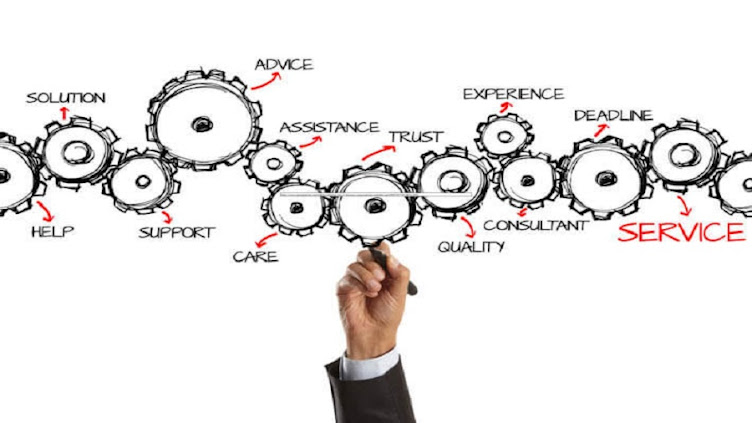
Marketing private label products has been a thing in the manufacturing industry. More and more businesses continue to resort to private labeling instead of creating original concepts and ideas since it is feasible and allows them to save time and money. Private labeling is the act of bringing a product on to the market under their own brand whereby the OEM company is the original manufacturer of the product from where it is purchased from along with its rights. However, white the design is taken from another company, the seller is still responsible for the certification requirements for private label products.
Private labeling is completely legal as long as both parties have agreed on its own terms and conditions. However, there are certification requirements involved before a product can be sold in the market. Requirements such as private label application is also necessary to confirm the product’s authenticity. The main reason for certification requirements is to verify private label products since they are identical to original versions already out in the market today. The certification will confirm the product are authentic under a private label and not simply fake versions of the originals. Make sure you’re not infringing anyones intellectual property rights (IPR).
There are a lot of organizations out there which provides certification to products but not all of these certifications or labeling aren’t recognized internationally or could only be limited to a scope of products. However, any form of certification could further approve of the product’s quality and its efficiency. Different industries look for specific certifications with regards to quality to ensure consumers out there of safety and quality.
QPL List
A usual certification standard for products is the QPL list. The Quality Product List (QPL) is a listing for products who have met certification requirements categorized under respective specifications. The intent of this product listing is to differentiate private label products from the OEM ones already on the QPL list. It’s often used by by large companies and government agencies, see Lockheed Martin here for instance with their standards.
If the product is already listed under the QPL list, then it no longer have to undergo various product testing and other standard checking procedures. However, private label products are simply listed in the DLC list with the exact performance info as their original OEM versions unless the private label company themselves request for a different rating which would be a part of a different certification process with additional fees.
To make sure private label products on the QPL list are placed in the right category, the parent product from where the private label product is based from is included in its product info. However, most private label companies do not like the association to give their private label product an individuality which is why they apply for a separate certification process and undergo the necessary tests to make sure their product will be listed on its own as if it is an OEM product.
Premium Certification & Listing
Premium classification is another certification process for an additional product test report. At an additional fee, you can add the premium classified label on your product and this will certify your product passed additional quality checking procedures. The exact label depends on your product category. One example is mentioned below as DLC Approval, which simply means the product passed additional and voluntary standards. Another example is the the German TÜV and GS (Geprüfte Sicherheit) marking. Private label companies look forward to add certifications to their products because it serves as a validation to entice customers to buy their products. Customers are easily convinced when seeing certifications and labeling which is why the additional fee for premium classification is no big deal.
Example: DLC Approval
One of the example of a premium certification we see in products particularly under the lighting or electronics industry is the Design Light Consortium (DLC) certification requirement. Have you noticed light bulbs and fluorescent lamps bearing the DLC approved sign or being DLC qualified on their packaging? Basically, that is a standard certification requirement for private label products.
Mandatory Third Party Certifications
Aside from the more recognized certification and labeling agencies, there are also a lot of third party certification companies who provide quality control procedures and product testing for private label companies. These third party certification companies must be officially recognized in an international level and still be useful for private labeling companies for certification and labeling. Not all private label goods come with the required certifications such as FCC, CE marking and so on. Their approval or certification seal may not be of high regard but consumers but they assure the quality assurance and technical standards on a basic level. Click here to read more about common certifications to look out for.
Conclusion
Private label certification is a prerequisite in order for you to be able to market your products legally. The certification process can be lengthy depending on the variety of your product but fortunately there are certification companies out there who can assist you and help speed up the process. Often private label manufacturers already have some certifications for the products they sell. Certification and labeling is not only a legal prerequisite but it also serves as a modifier for product quality. Customers these days always look forward to seeing certifications and labels as their basis whether to but the product or not.
The post What are the Certification Requirements for Private Label Products? appeared first on Intrepid Sourcing and Services.
from
https://intrepidsourcing.com/trade-wiki/what-are-the-certification-requirements-for-private-label-products/

No comments:
Post a Comment